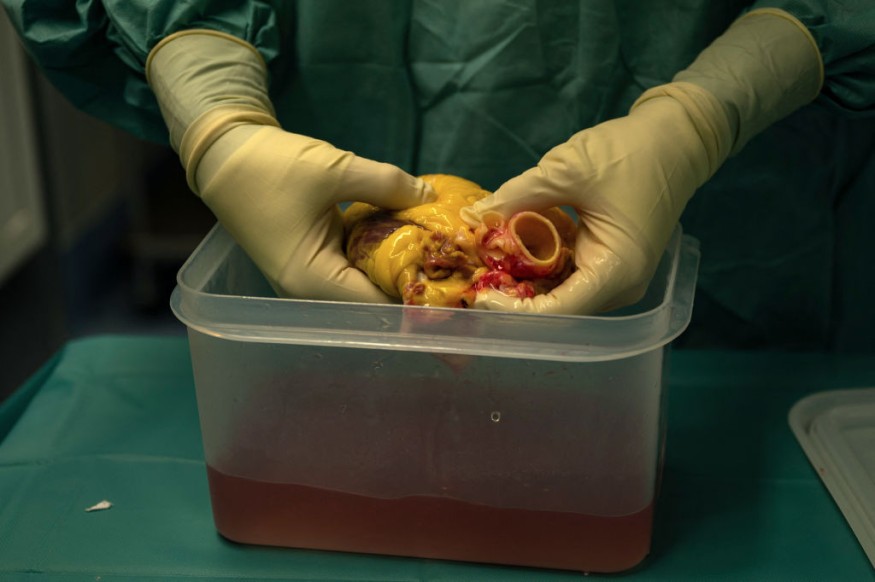Canadian scientists have proven that universal organs can be translated to any patient regardless of their blood type. The team of researchers successfully converted the blood type A to the universal type O by exposing the organ to the latter in a laboratory to simulate a real transplant, which showed that it was not rejected.
Biochemist Dr. Stephen Withers, who co-led the experiment, said that the experiment has opened new doors to create universal organs in the future. The team hopes to launch a clinical trial within two years to address organ allocation problems and decrease mortality on the waitlist.

The Experiment: Converting Type A to Type O
The blood type refers to whether they have certain antigens on the surface of their red blood cells and on the surfaces of the blood vessels, which could either be type A or B. According to Live Science, type A has only A antigens while type B only has B antigens. But for those people with blood type AB both have antigens A and B, while blood type O has neither A nor B antigens.
Since blood type O is antigen-free, type O organs can be placed in any person regardless of their blood type. These organs are in high demand and people with blood type O end up spending the longest on the transplant waitlist.
In 2018, researchers discovered a group of enzymes in the human gut that could transform cells into the universal type O very efficiently. Dr. Marcelo Cypel, the surgical director of the Ajmera Transplant Centre, told Live Science that they are studying to convert the whole organ into a universal blood type organ.
In their experiment, they chose lungs that were not suitable for transplantation from type A donors and put them into a Toronto-made system called Ex Vivo Lung Perfusion System (EVLP) for treatment. The team treated one of the lungs with a group of enzymes they found in 2018 to clear antigens from the surface of the organ while the other lung remained untreated, Global News reported.
At first, their goal was to develop a method to improve the supply of type O universal donor blood, but they realized that their experiment has the potential for organ transplant application. Once the lungs were treated with an enzyme, they added type O blood to the ELVP system to see how it would react with an incompatible blood type.
They observed that the treated lungs tolerated it well, while the untreated lungs showed signs of rejection. The results suggest that the experiment worked and that it does not only work for lung transplants but for other organs as well.
How Did the Gut Enzymes Play A Key Role in Universal Organs?
A news release via EurekAlert! reported that the successful experiment is a result of multidisciplinary efforts across multiple organizations. They credited the success of the experiment to a group of enzymes in 2018, noting that the enzymes are Mother Nature's catalysts and carry out specific reactions.
Dr. Withers explains that this group of enzymes found in the human gut can cut sugars from A and B antigens on red blood cells and convert them to the universal type O cells as shown in their recent experiment. He added that through this experiment they opened a gateway to create universal blood type organs.
RELATED ARTICLE: U.S. Surgeons Successfully Transplanted A Pig Kidney To A Human Patient And It Works
Check out more news and information on Organ Transplantation in Science Times.










